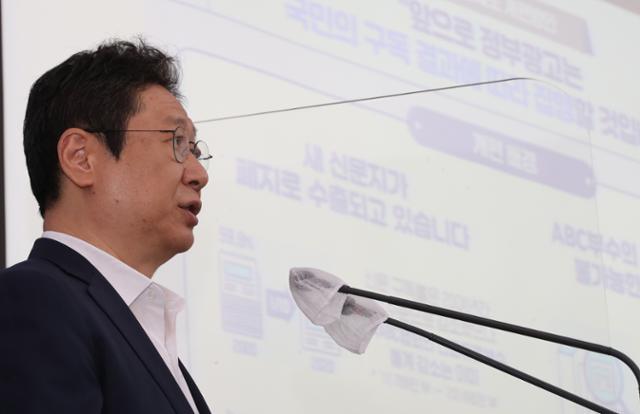Compromise Is Needed To Revive the Iran Nuclear Deal
The current focus is on whether or not discussions with the United States about the revival of the Iran nuclear deal will reach any agreement.
The Rouhani administration had taken a flexible position when it came to the lifting of sanctions against Iran, while at a press conference after his election, Raisi demanded that sanctions be completely rescinded. If Iran chooses to proceed with a hard stance, reaching an early agreement may be difficult.
The framework of the Iran nuclear deal originally collapsed when former U.S. President Donald Trump unilaterally announced that the U.S. would be withdrawing from the deal. Joe Biden's administration is aiming to restore the agreement and yet, it is also making tough demands on Iran, such as restricting its development of ballistic missiles.
Both countries must prioritize compromise rather than impose conditions on each other in order to ease tensions in the Middle East.
Supreme Leader Ayatollah Ali Khamenei supported Raisi in the presidential election, with many who consider Raisi to be Khomeini's potential successor. At the same time, leading moderates close to Rouhani were excluded. The result was a voter turnout of less than 50%, the lowest ever.
It is clear that this was not a fair election. It is hard to say that Raisi has the confidence of the people.
With Raisi's election, all three branches of government—the administration, the judiciary and parliament—will be controlled by conservative hard-liners. Iran's anti-American stance is likely to intensify.
Since the former Trump administration imposed more than 1,500 sanctions, Iran's economy has performed poorly. While they oppose the United States, exhausted Iranian citizens are also growing increasingly dissatisfied with their own country's leadership.
Iranian leaders are trying to strengthen economic and security ties by approaching China and Russia. However, economic recovery, which is the biggest concern, is impossible unless sanctions are lifted. There may be limited awareness of this reality among Iran's leaders.
Iran continues to expand its uranium enrichment program, which was previously prohibited by the Iran nuclear deal. It has also restricted the access of International Atomic Energy Agency inspectors to its enrichment facilities. Iran should refrain from conduct that could be perceived as a strategic maneuver or provocation.
The intensification of Iran's antagonistic position will result in increasing caution by the United States. Equally, the increased opposition to lifting sanctions will also leave the Biden administration less room to make decisions.
The European Union is mediating negotiations to reviveg the agreement between Iran and the United States, but talks have nonetheless stalled. To achieve any future progress, further support from the international community will be needed.
Alongside the United States, the United Kingdom, France, Germany, China, Russia and the EU all participated in the negotiations to achieve agreement on the original nuclear deal.
Cooperation from China, Russia and other relevant countries will be necessary again this time.


